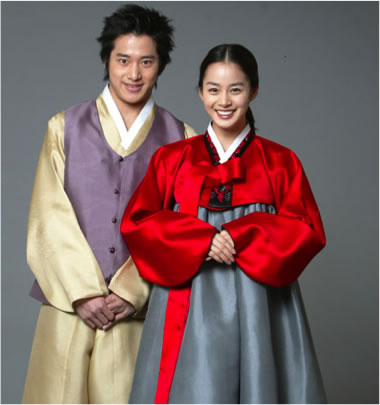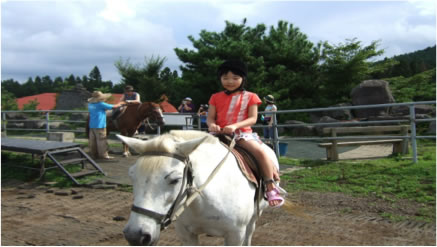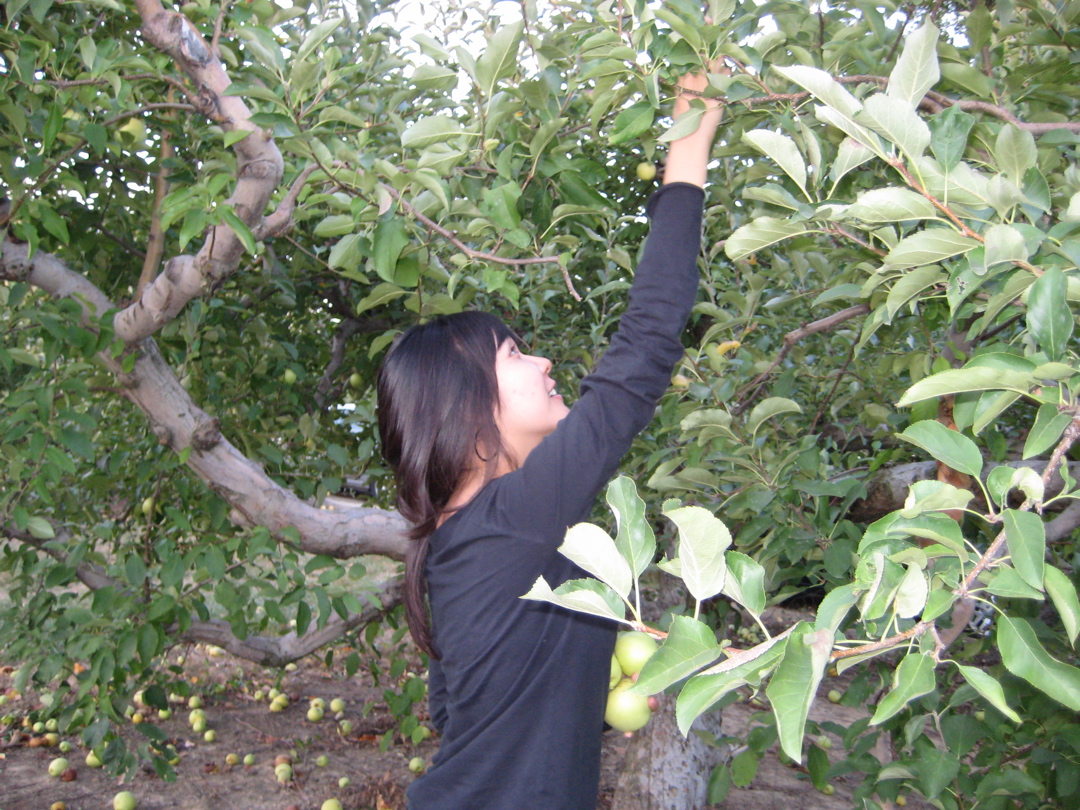





| G3.4 ~어/아 본 적이 있다/없다 |
~(으)ㄴ 적이 있다 Lit. There has been an/no occasion where . . .
| 남자: | 한 가지 물어봐도 되겠습니까? | ||
| 여자: | 무슨 . . .? | ||
| 혹시 by any chance | 남자: | 혹시 우리 전에 만난 적이 있나요? |
|
| 당황하다 to be taken a back | 여자: | (당황한 듯이 쳐다 본다) | |
분명(히) clearly |
남자: | 분명 그레이스 리를 어디선가 본 거 같은데 기억이 안 나서요. | |
| 여자: | 글쎄요. 그런가요? | ||
Do you think these two have ever met before? 이 두 사람이 전에 만난 적(이) 있는 것 같아요?
|
~(으)ㄴ 적이 있다 does not necessary refer to one's experience.
Recall ~어/아 보다: try out . . .ing:
~어/아 보다 literally means try out something as in 옷가게에서 옷을 입어 보다. But it could refer to one's experience as an implied meaning, as in 육개장 먹어 봤어요, because a tryout is always an experience.
Note the following example, however:
1년 전에 육개장을 먹어 봤는데, 그 때는 너무 매워서 안 좋아했어요. 그런데, 지난 주에 다시 먹어 보니까 맛있던데요. In this example, the meaning of tryout is more prominent than the meaning of experience.
Combining ~어/아 보다 and ~(으)ㄴ 적이 있다 specifically refers to one's experience:
~어 보다 + ~(으)적이 있다 = ~어/아 본 적이 있다: Have you ever done . . . [Lit. Have you had an occasion where you did . . .) ?
 |
 |
 |
 |
 |
 |
|
Some authentic examples with ~어/아 본 적(이) 있다 in songs:
Speaking activities
Exchange dialogues with your partner with regard to whether s/he has ever experienced the activities given above. Expand dialogues by talking about your experience. If your partner has not experienced the activity you have experienced, recommend to try it with your rationale for recommendation.
| 유진: | 민지 씨, 라스베가스 가 본 적 있어요? |
| 민지: | 네, 작년에 한 번 가 봤어요. |
| 유진: | 그래요? 라스베가스에 가서 뭐 했어요? |
| 민지: | 카지노에서 갬블도 하고 쇼도 보고 그랬어요. |
| 유진: | 뭐가 제일 기억에 남아요? |
| 민지: | 쇼가 제일 기억에 남아요. |
| 유진: | 무슨 숀데요? |
| 민지: | "O"라는 서커스 쇼예요. |
| 유진: | 그래요, 저도 한 번 보고 싶네요. |
| 민지: | 진짜 재미있으니까 꼭 한 번 보세요. |